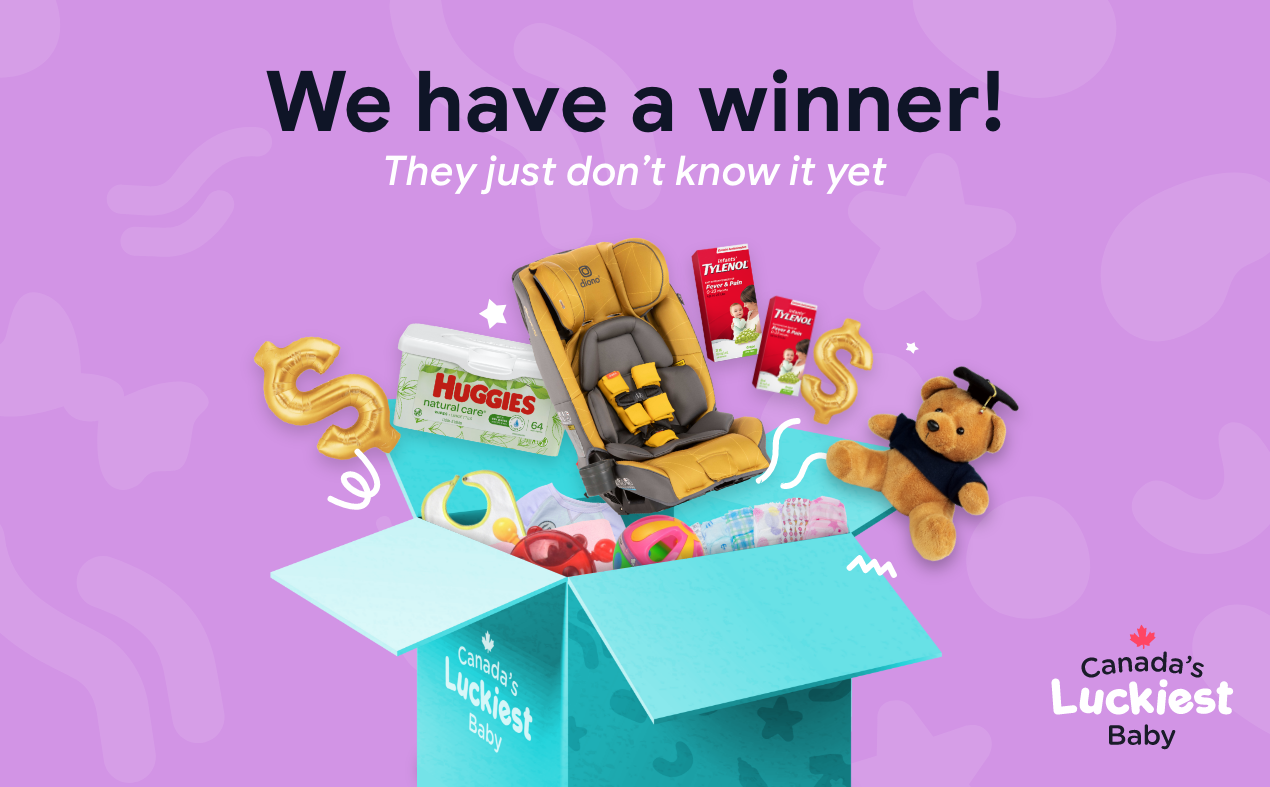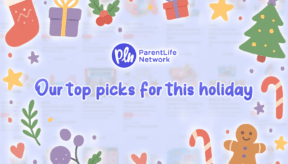The moment you become a parent is magical, memorable and often completely overwhelming. Not only are you brand new to the role, but you are also completely responsible for the physical, emotional and spiritual health of another human being. Relax, newborns mostly eat, sleep and poop. The sleeping sounds good and the pooping less so, but the feeding? Not always so easy.
Fear not, new parent! PLN has your guide on everything you need to know about feeding your new baby.
Establishing Breastfeeding
The World Health Organization recommends that babies are exclusively breastfed for the first six months of life. While 89 percent of Canadian mothers will breastfeed their babies after birth, only 26 percent will continue for six months or more.
Whether you plan on breastfeeding your baby or not, the moment you deliver your placenta your body will begin to make milk for your baby. It will take three to five days for your milk to come in. In the meantime, your baby will drink your first milk, called colostrum. It is made in small amounts (10 to 100 ml every 24 hours) and contains high levels of protein, antibodies and protective factors for your newborn. The smaller amounts of liquid are ideal for a newborn’s small stomach and to teach your baby how to breastfeed properly without being overwhelmed by milk.
According to the World Health Organization (WHO) breastfeeding should ideally be done within 30 minutes of the baby’s birth. If you would like to breastfeed soon after birth you can include this in your birth plan and make sure your health care professional and partner are aware of your wishes.
After birth, have your baby placed on your chest for skin to skin bonding. When you feel ready (after counting all those sweet fingers and toes!) try to feed your baby. Breastfeeding should not be painful, and proper technique is important. Check out this illustrated step-by-step guide from the government of Alberta. You can also take advantage of the expertise of your doctor or midwife, nurses and lactation consultants available for some ‘hands on’ instruction.
Allow your baby to nurse often and for unrestricted periods. The more milk you feed your baby, the more milk your body will make.
Cluster feeding
New babies like to feed often, from every hour and a half to three hours and the amount between feeds starts at the beginning of each feed. Newborns do not often start their breastfeeding journey on a regular schedule, but instead will do ‘cluster feeding’ where they want to feed often and for longer periods. Newborns generally have feeding sessions about eight times every 24 hours starting on their second day of life.
Engorgement
After the birth of your baby, your breasts will fill with milk. The over-filling of milk in the breast, often leading to uncomfortable heaviness and even pain, is called engorgement. This is often caused by an imbalance between the supply of milk your body is producing and the demand of your baby. This is also a common reason women choose to stop breastfeeding earlier than expected.
Engorgement can happen when your milk first comes in, if you miss a feed, if you suddenly stop feeding your baby or when your breastfeeding suddenly drops due to illness or introducing solids.
How to prevent engorgement
Breastfeed your baby whenever they show signs of hunger. If your breasts are overfilled, express some milk (use your hands to squeeze some milk out of your breasts) to make it easier for your baby to latch and feed
Make sure to empty the breast with each feed
Make sure your baby is latching on and feeding well
How to treat engorgement
If you are not breastfeeding, avoid stimulating the nipple or using warm compresses. Use cold packs and over the counter medication for pain and inflammation.
If you are breastfeeding, you can use cold packs and warm compresses between feedings.
Express a small amount of milk with your hand or a pump
Establishing Bottle Feeding
When it comes to feeding your baby, it is important to prepare yourself for anything. Even if you plan to breastfeed, it is important to ‘go with the flow’ and do what is best for you and your baby. If you plan on exclusively formula feeding you can pack small 2 oz bottles (we like these ones from Philips Avent) for easy feeding in the hospital. These little bottles are great for baby’s tiny tummy.
Bottle-fed newborns will want to be fed every two to three hours. It’s important to wake baby to eat so they don’t go too long between feeds.
Picking the Perfect Pump
The choice between a single or double pump comes down to how often you plan to bottle feed your baby expressed milk. Double pumps are the best for maintaining your milk supply while saving you time. If you plan to use your pump less often, you can try a single pump or even a manual for travel or at the office. Check out all the benefits of each type of pump here.
Picking the perfect bottle
Finding the perfect bottle can make all the difference in your feeding journey. There are models designed to mimic a breast, which are perfect for moms who want to supplement their breastfeeding or allow others to feed their baby pumped milk. Other styles are designed for sensitive tummies to reduce gas and colic.
Breastfeeding mothers are encouraged to wait to introduce a bottle until breastfeeding has been established. It is best to start with a ‘slow flow’ nipple and have your partner feed your baby to make the transition easier.
How do I know if my baby is hungry?
Crying is a late cue for hunger, and a crying baby is not ready to be fed. Learn the early cues of hunger to make feeding your baby an easier process for both of you.
Early hunger cues:
- Moving their heads side to side
- Opening their mouths
- Sticking out their tongues
- Putting their hands and fists in their mouth
- Puckering their lips as if to suck
- Nuzzling their mothers breasts
No matter how you choose to feed your baby, the most important thing is to take the time to bond with your little one during feedings. Hold them close and look into their eyes. Talk or sing to them softly and make it your special time together. Let us know in the comments what your biggest feeding challenge was.
Article sponsored by:
Philips Avent is the number 1 brand recommended by moms worldwide. They offer a full range of baby products from breast pumps and bottles to monitors and toddler cups…making taking care of baby that much easier.
*Opinions expressed are those of the author, and not necessarily those of Parent Life Network or their partners.

 Sponsored
Sponsored





